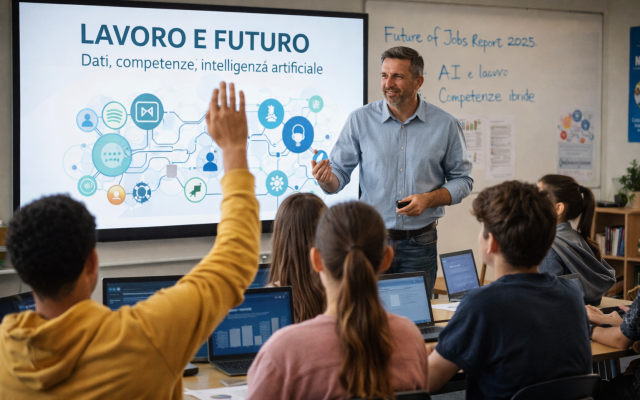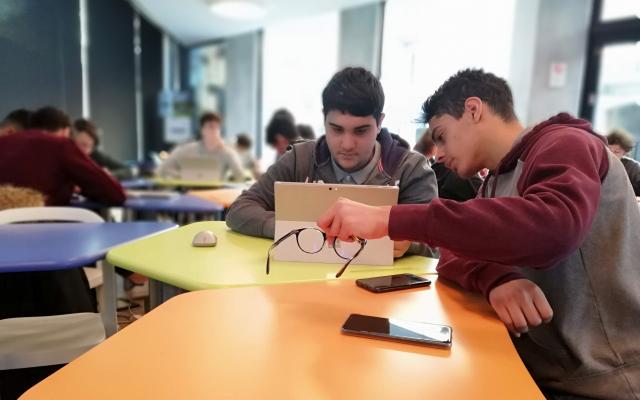Ambizione Italia for Cybersecurity: Carlo Mauceli’s contribution
The Russian-Ukrainian conflict has raised the issue of cyberwar amongst public opinion. What are the differences and similarities between physical and cyber wars? Can a cyberwar help win a conventional conflict? “In reality, in a real conflict, the cybernetic dimension is not so significant compared to the classical military one,” explains Carlo Mauceli, National Digital Officer for Microsoft Italy. “However, a peculiarity is clear. Cyberwar makes defence lines both stronger and weaker, because cybernetic capacity is what eliminates differences in terms of power amongst countries. There is a wide difference between the United States and North Korea in many fields, but the difference is infinitesimally less in cybernetics. In fact, even countries that are not technologically sophisticated can easily achieve an optimal level of cybernetics. According to the data presented by Microsoft’s Digital Defence Report 2022, one of the developments of cybercrime is the increase in attacks coordinated by states, that have increased from 20 to 40% of the total.
Carlo Mauceli is a political technologist and a careful observer of global security scenarios. Together with criminal lawyer Giulia D’Andrea, Maucel will introduce the next session of Ambizione Italia for Cybersecurity to provide the right background to understanding a cybernetic war. Indeed, as pointed out by CNAIPIC, the cybersecurity structure of the Postal and Communications Police, geopolitical tension related to the war in Ukraine have “significant repercussions” on international cybernetic security with “massive international campaigns” against critical infrastructure, financial systems and companies, with phishing, malware, and disinformation. In this scenario, what professional profiles work for the security of citizens?
Giulia D’Andrea is a young criminal lawyer who is specialising in cybercrime. On July 13, at 5 pm, she will lead the job talk on “Cybercrime: A Threat that is Changing the World … and the Working World.” Giulia will help us understand the most common types of cybercrime and Italian and European regulations. We will try to understand cybercriminals and the interests that lie behind their attacks, also discovering who the most vulnerable victims are. However, we will also address work, and explore career opportunities in this rapidly developing sector, and not only for engineers and ICT experts [see news: Cybersecurity Defences].




